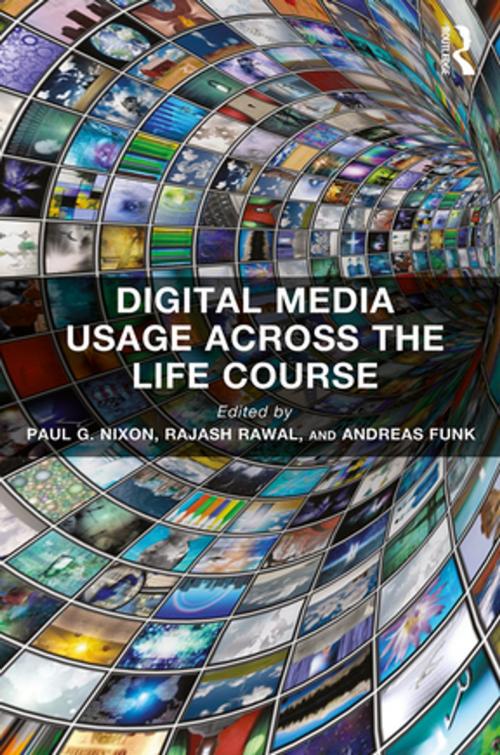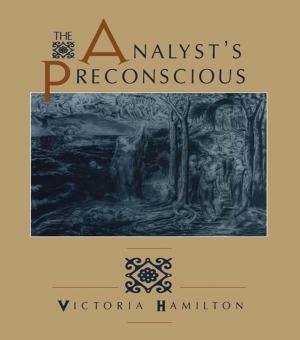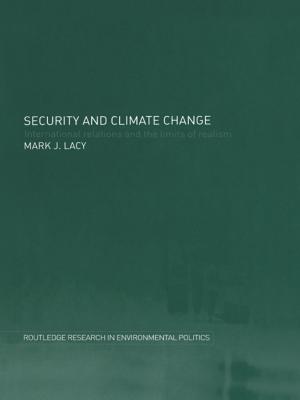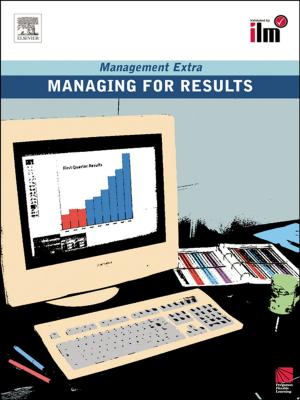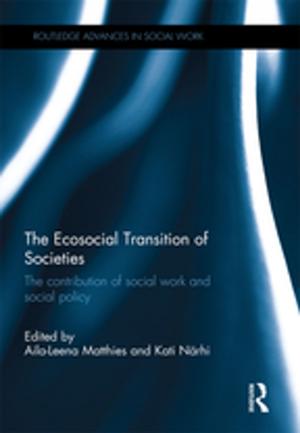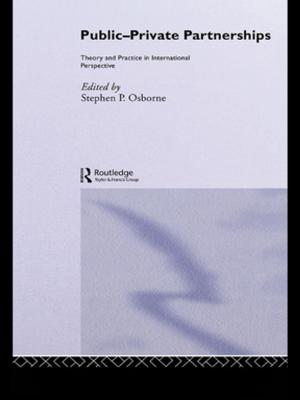Digital Media Usage Across the Life Course
Nonfiction, Social & Cultural Studies, Social Science, Sociology| Author: | ISBN: | 9781317150756 | |
| Publisher: | Taylor and Francis | Publication: | June 23, 2016 |
| Imprint: | Routledge | Language: | English |
| Author: | |
| ISBN: | 9781317150756 |
| Publisher: | Taylor and Francis |
| Publication: | June 23, 2016 |
| Imprint: | Routledge |
| Language: | English |
New York Times columnist, Thomas Friedman declared the modern age in which we live as the ’age of distraction’ in 2006. The basis of his argument was that technology has changed the ways in which our minds function and our capacity to dedicate ourselves to any particular task. Others assert that our attention spans and ability to learn have been changed and that the use of media devices has become essential to many people’s daily lives and indeed the impulse to use technology is harder to resist than unwanted urges for eating, alcohol or sex.
This book seeks to portray the see-saw like relationship that we have with technology and how that relationship impacts upon our lived lives. Drawing on a range of theoretical perspectives that cross traditional subject boundaries we examine the ways in which we both react to and are, to an extent, shaped by the technologies we interact with and how we construct the relationships with others that we facilitate via the use of Information Communication Technologies (ICTs) be it as discreet online only relationships or the blending of ICTs enabled communication with real life co present interactions.
New York Times columnist, Thomas Friedman declared the modern age in which we live as the ’age of distraction’ in 2006. The basis of his argument was that technology has changed the ways in which our minds function and our capacity to dedicate ourselves to any particular task. Others assert that our attention spans and ability to learn have been changed and that the use of media devices has become essential to many people’s daily lives and indeed the impulse to use technology is harder to resist than unwanted urges for eating, alcohol or sex.
This book seeks to portray the see-saw like relationship that we have with technology and how that relationship impacts upon our lived lives. Drawing on a range of theoretical perspectives that cross traditional subject boundaries we examine the ways in which we both react to and are, to an extent, shaped by the technologies we interact with and how we construct the relationships with others that we facilitate via the use of Information Communication Technologies (ICTs) be it as discreet online only relationships or the blending of ICTs enabled communication with real life co present interactions.
